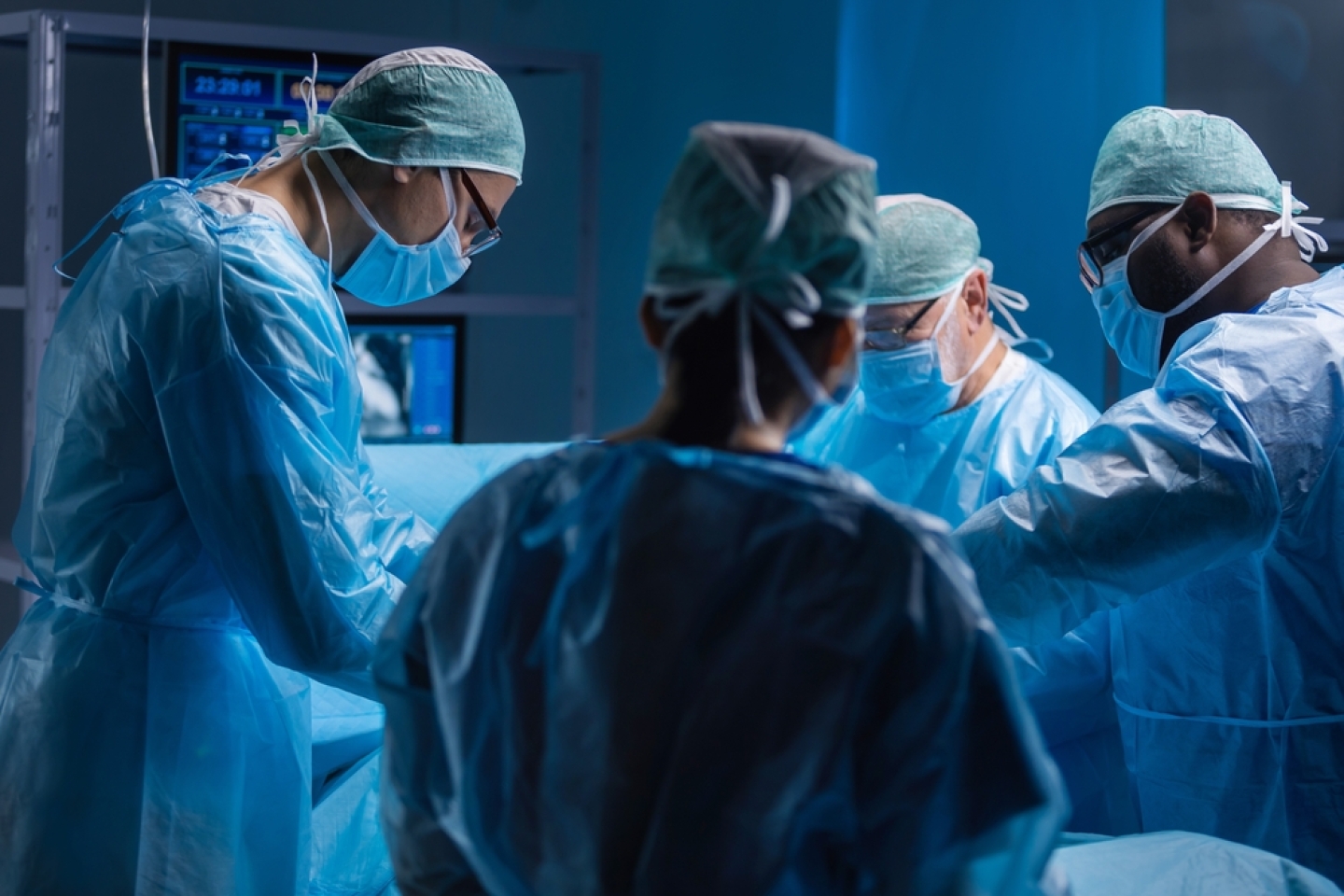
The following is the second in a two-part series on diverticulosis and diverticulitis. The first part covers the overview on both conditions.
Before discussing the need for surgery to treat or even cure diverticulitis, let’s review the basics of that condition and what gives rise to it.
Diverticulosis, a common condition, involves the formation of pouches or sacs that push through weak spots in the colon. Far less common is diverticulitis—inflammation in one of these pouches, which is a potentially serious condition.
Diverticulosis is typically found during a screening colonoscopy. If you have diverticula, the anatomical name for the condition’s characteristic “out-pouchings,” you’ll probably never develop diverticulitis, with its usual symptoms of pain in the lower left abdomen, fever and an elevated white blood cell count.
But if you’ve had an episode of acute diverticulitis, you’re at increased risk for further episodes. The first or second episode is typically the most severe. After that, recurrent diverticulitis is not associated with an increased risk of perforation—a hole in the colon—or an abscess—a swollen area containing pus. These complications, when they occur, usually do so during the first or second episode.
Once diverticula form, they don’t go away. Adopting a healthy lifestyle, including maintaining a healthy weight, exercising regularly, and not smoking, may help to prevent diverticulitis.
Absent complications, diverticulitis is typically treated with antibiotics and pain medication.
If your diverticulitis doesn’t improve with treatment, or if it leads to complications such as those described above, you may need surgery to remove part of your colon, says Dr. Mehraneh Jafari, an Associate Professor of Surgery at Weill Cornell Medicine and Chief of Colorectal Surgery at NewYork-Presbyterian Brooklyn Methodist Hospital.
“As most episodes of diverticulitis occur in the sigmoid colon, the surgical procedure that’s commonly performed is a sigmoidectomy, or removal of the last portion of the colon,” she says.
Elective surgery is recommended for patients with a prior episode of complicated diverticulitis and for those who are immunosuppressed. Surgery is usually performed 8 weeks after the acute episode has resolved. Emergency surgery is known to carry greater risks, so planning the procedure a few months after an acute episode is the safest way to go.
Surgery should be considered for complicated diverticulitis if there is an overt perforation, an obstruction or a fistula. If there is a large abscess, it can be treated with antibiotics and a drain placed by an interventional radiologist.
“We currently offer a clinical trial at Weill Cornell Medicine that compares the impact of surgery vs. medicine on diverticulitis (COSMID),” says Dr. Jafari. “Its purpose is to answer the following question: For patients with diverticulitis that limits their quality of life, is elective colectomy (removal of part of the colon) more effective than the best medical management?”
If you’d like to enroll in the trial, please call your colorectal surgeon at Weill Cornell Medicine.
Patients usually stay in the hospital for one night, she says, and some patients can even go home on the same day as surgery.
What about recovery? Do patients need to limit their activities after being discharged from the hospital?
“We expect you to be able to eat normally and have normal bowel function,” Dr. Jafari says. “We also expect you to stay active, including cardiovascular exercise, which you can resume as soon as you feel up to it. However, we warn against engaging your ‘core’—your lower back, pelvis, hips and stomach—for 6 weeks after surgery.”
Yes, she says, it’s a cure that will stop future attacks.
Make an appointment for a consultation with a colorectal surgeon at Weill Cornell Medicine.